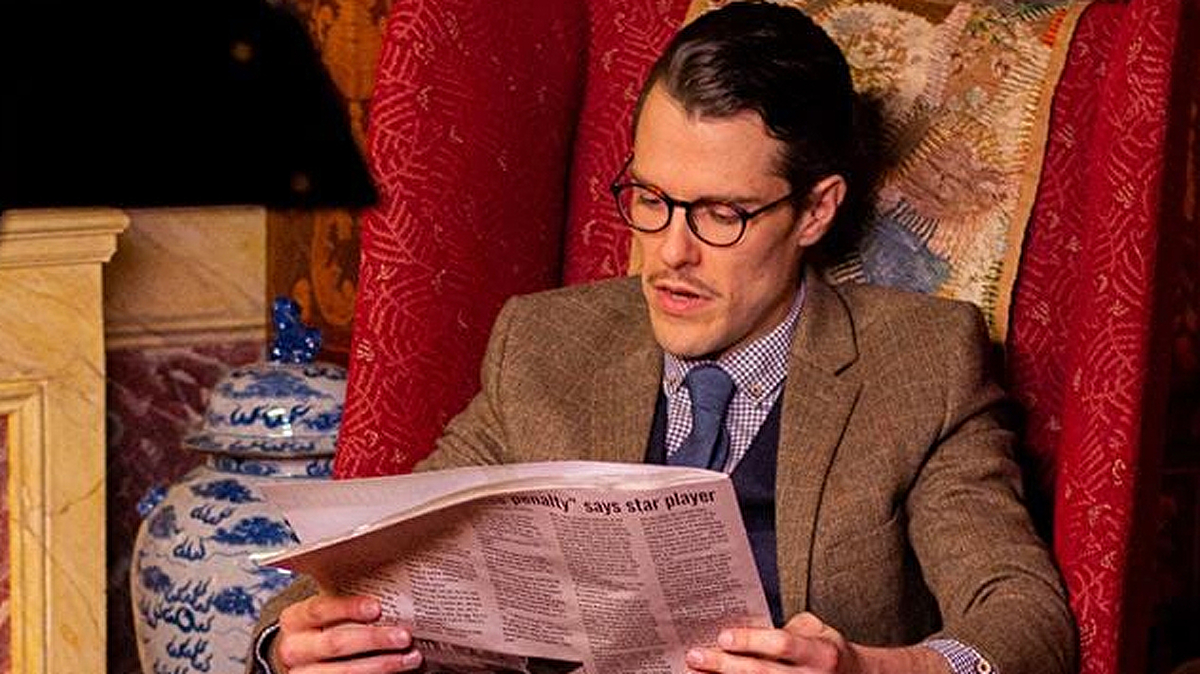[ad_1]
“We’re doing it for us.”
“We’re doing it for us.” Those five words changed how I felt about acting in plays at theatres, and maybe about things in my wider life too. I overheard someone say them during rehearsals and to begin with, I didn’t like what I heard. It sounded like someone saying, ‘It doesn’t really matter what the audience thinks because we’re doing this for us, not them.’ And it sounded like a cop-out.
To me, the whole point of a production had been pushing for the best possible outcome. It was a prestige thing. We gave up evenings and weekends so the audiences would be wowed by our creation and give us – potentially – ovations and wonderful reviews. Things we could feel validated about, things we could boast of. But what I heard flew in the face of that and seemed to suggest it was OK not to push so hard.
But the more I thought about it, the more I questioned my interpretation. So I thought about my time in amateur theatres in Brighton, and about what had been important to me, to see what came up. And I was surprised by what surfaced.
Nothing much about the actual plays appeared. They were there as a kind of mood board in the background but what surfaced were incidental moments around them. They were moments like standing behind the wooden wings and spying on the audience, looking to see who was in. Or nervy moments stood in the dark, waiting to come on, anxiously exchanging looks while each fellow actor prepared.

Or they were moments outside of the plays entirely, like when a teenager from a youth group we were collaborating with turned to us after the final performance and thanked us for helping her find the confidence to do something like this – she’d never have been able to do it otherwise. Powerfully profound moments like that.
And for each serious moment, a silly one – a thousand silly moments. Moments of messing around to make the long evenings more bearable. Moments of uncontrollable laughter you think you’ll never manage to cope with come opening night, but somehow you do.
Or the in-between moments in long rehearsals where you talk and finally get to know the people around you, or the impromptu drinks after where you do the same. That coming together, that camaraderie.
It’s in remembering those moments I’ve come to better understand what the “we’re doing it for us” person meant. What they’re saying is not that the audience doesn’t matter, but that the people around you matter as much too. What you’re pushing for is never more important than them. It’s them and the process you will remember when the curtain is finally called and the audience departs. It’s them you will miss when the stage is taken apart and everyone drifts back to their individual lives.
“We’re doing it for us.” Words I try to live by now.
Will you support Eurogamer?
We want to make Eurogamer better, and that means better for our readers – not for algorithms. You can help! Become a supporter of Eurogamer and you can view the site completely ad-free, as well as gaining exclusive access to articles, podcasts and conversations that will bring you closer to the team, the stories, and the games we all love. Subscriptions start at £3.99 / $4.99 per month.
Support us
[ad_2]
www.eurogamer.net
